Hebei shoulders capacity cutbacks
Updated: 2016-03-09 08:19
By Zheng Jinran(China Daily)
|
||||||||
Beijing's smog-hit neighbor Hebei needs more subsidies to help it reduce overcapacity in its major polluting industries, according to provincial officials.
Zhang Qingwei, the governor, told a group discussion among deputies of the National People's Congress on Tuesday that iron and steel production capacity in the province would be limited to 200 million metric tons per annum by 2020.
This means that 60 percent of existing iron and steel companies in the province will be shut down or merged during the next four years.
Hebei has borne the brunt of China's shedding of excess capacity in recent years, with the province accounting for 83 percent of the 90 million tons of iron and steel production that the country has shed over the past three years.
The province also contributed half of the phased out glassmaking capacity and a quarter of the cement-making industry, Zhang said.
However, this weeding out of overcapacity - a major tenet of China's supply-side structural reform - has come with its own price and benefits.
Since reform began in September 2013, severe air pollution in the province has been reduced, according to Zhao Kezhi, the province's Party chief and an NPC deputy.
The number of days with good air quality increased to 192 in 2015, up from 152 in 2014, he said.
Yet this good news has been tempered by diminished revenues from the province's iron and steel industry, which plummeted by 46.9 percent in 2015, Zhang said.
The province will provide more support, both financial and through policies, to aid affected companies and governments to pursue other green growth, he said.
Xing Guohui, mayor of the provincial capital Shijiazhuang, said that shutting down cement making companies had hit government revenue to the tune of 12 billion yuan ($1.8 billion), with 3,800 jobs affected.
He suggested that the central government should give more subsidies to the affected industries and local governments to support their efforts in further controlling the polluting industries.
Some leaders from other cities have agreed with Xing, including the delegation from Xingtai, which has voiced the suggestion for more subsidies several times during discussions.

 Southeast Asia experiences rare total solar eclipse
Southeast Asia experiences rare total solar eclipse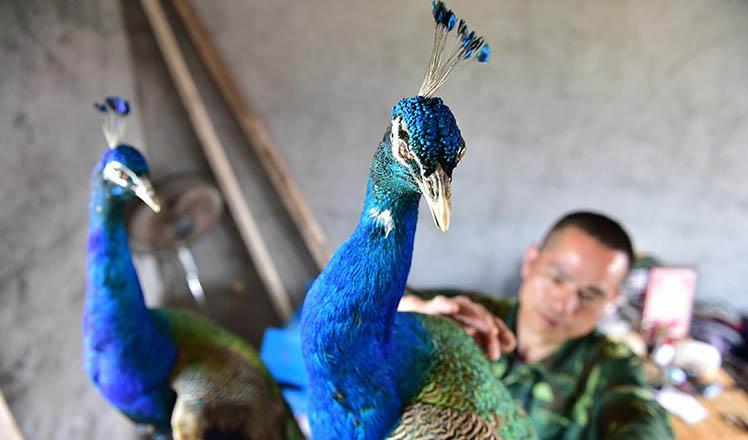
 Farmer couple finds wealth in raising peacocks
Farmer couple finds wealth in raising peacocks
 Google's AI takes on Go champion Lee Sedol in Seoul
Google's AI takes on Go champion Lee Sedol in Seoul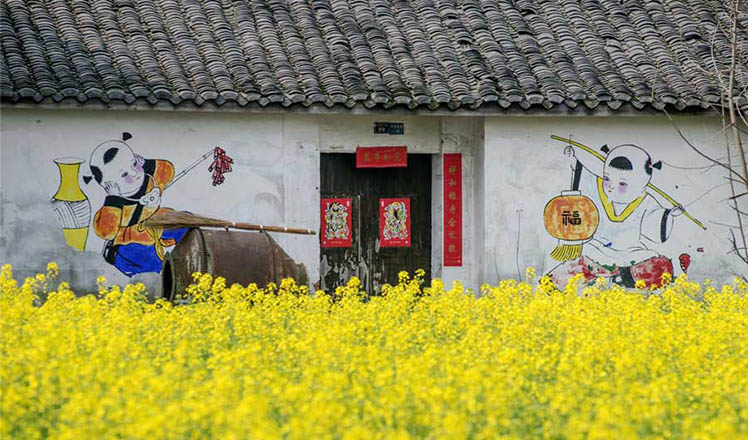
 New Year paintings decorate cottage walls in spring
New Year paintings decorate cottage walls in spring
 Women in workplace 100 years ago
Women in workplace 100 years ago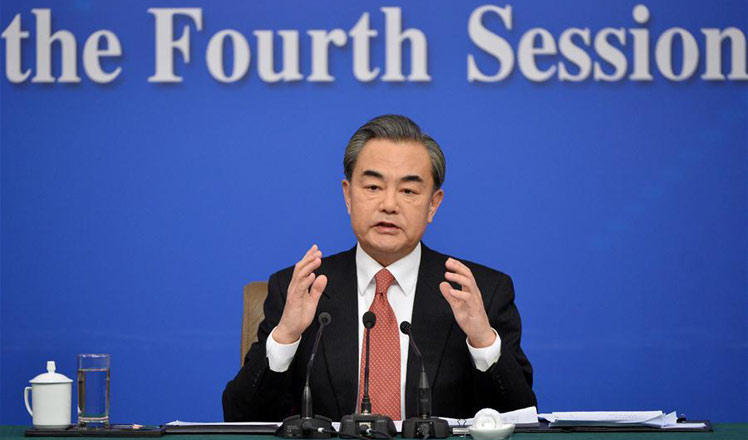
 Foreign Minister Wang Yi meets the press
Foreign Minister Wang Yi meets the press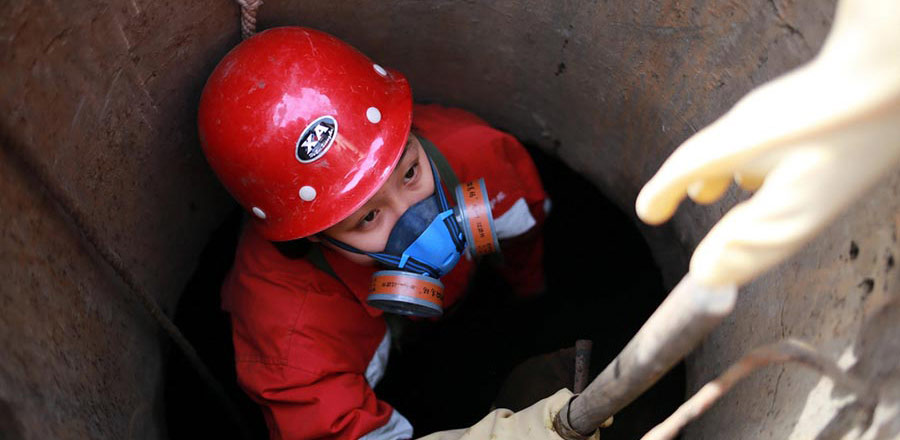
 Women who work underground to keep city clean
Women who work underground to keep city clean
 Students in traditional dresses celebrate Women's Day
Students in traditional dresses celebrate Women's Day
Most Viewed
Editor's Picks

|

|

|
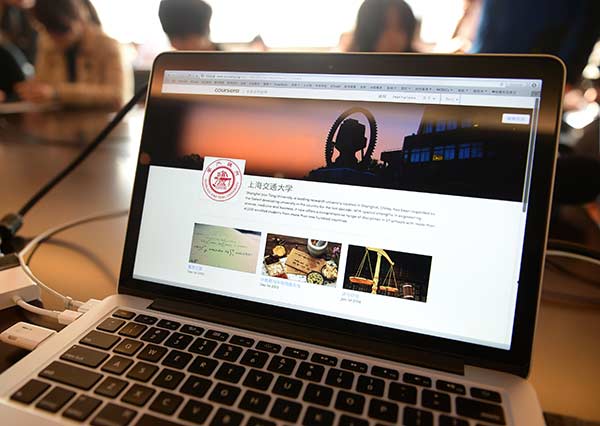
|
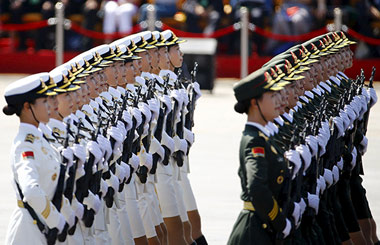
|

|
Today's Top News
What ends Jeb Bush's White House hopes
Investigation for Nicolas's campaign
Will US-ASEAN meeting be good for region?
Accentuate the positive in Sino-US relations
Dangerous games on peninsula will have no winner
National Art Museum showing 400 puppets in new exhibition
Finest Chinese porcelains expected to fetch over $28 million
Monkey portraits by Chinese ink painting masters
US Weekly

|

|








